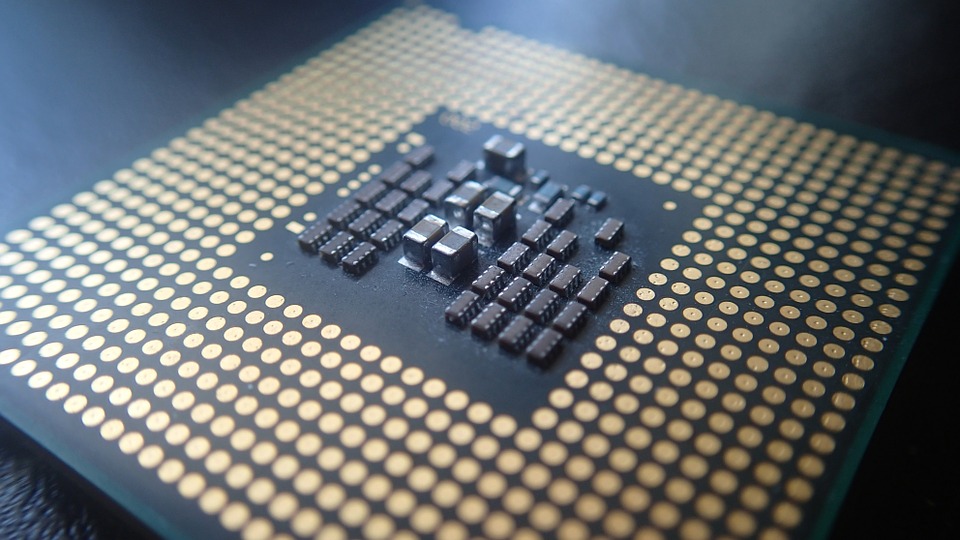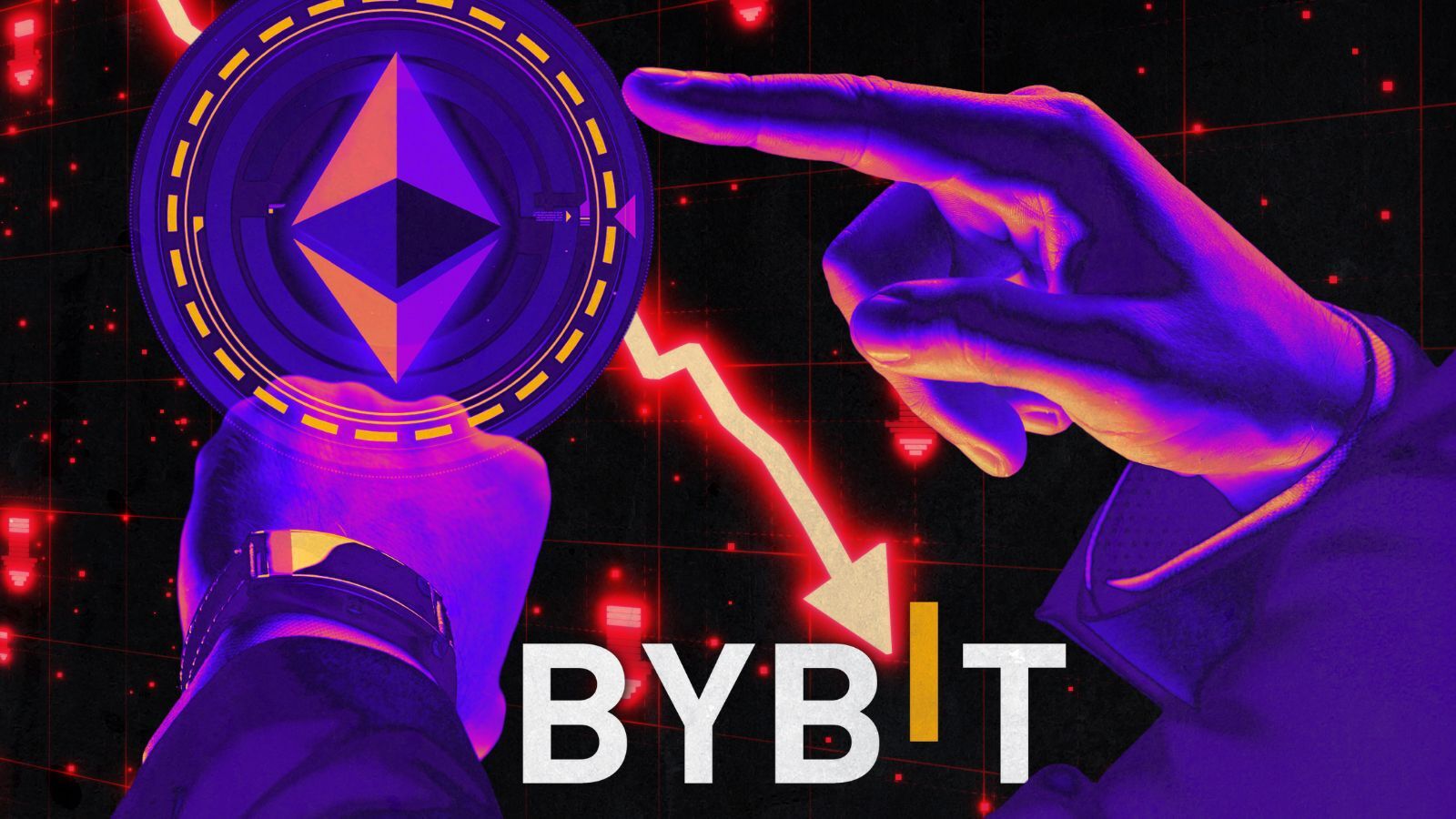
Cryptojacking: How Your Computer Might Be Secretly Used?
The Internet has led us to believe in a sort of a fairytale where we would expect to get a lot of things for free. Even though sometimes it seems so, nothing comes for free, and especially not online. Apart from the death of Net neutrality, there are other ways in which we might start paying for our online services.
A lot of websites and apps offer us their services seemingly free of charge. However, they then bombard us with ads or malware that collect our data. Some websites have come up with a new way to make a profit off of our resources and that comes in the form of Bitcoin cryptojacking. Is this term new for you? Then, let’s learn more about it.
What is Cryptojacking?
Cryptojacking is the secret use of your computing device’s resources for purposes of Bitcoin mining.
Until recently, it used to be achieved with the use of a secretly installed program that would unknowingly mine cryptocurrency using your CPU. However, the scheme is now evolving and becoming more subtle. Namely, in-browser cryptojacking uses a specially modified JavaScript inserted into a Web page to mine for digital currencies. This means that there is no need for any installation process. Whenever you open the page in question, the in-browser mining code runs by itself.
Who’s Responsible for Cryptojacking?
In September of 2017, a new player in the digital market, Coinhive, debuted. They offered to mine the digital currency called Monero (XMR) using a completely new method.
In essence, they offered a piece of code written in JavaScript that website owners would simply integrate into their platforms. The way Coinhive marketed their new service was nothing less than brilliant. They offered prospective website owners the option of removing ads from their pages and loading Coinhive instead. This would achieve two important goals.
First of all, online advertisements have become redundant and inefficient as more and more people are using ad-blockers to bypass them. This way, websites have been losing a lot of revenue. Also, they have been running out of options on how to increase profits. Secondly, many online users rightfully find online advertisements to be annoying. What this means for online businesses is that they are losing visitors and customers as ads are serving as a type of a deterrent.
So, it seems that with the introduction of bitcoin cryptojacking, website owners have solved two big problems. However, many have started to appear for unsuspecting online users.
Consequences of Cryptojacking
The way the new method works is that it uses your device’s CPU for purposes of Bitcoin mining. Instead of your CPU being used at 10-15% of total usage, it will exhibit extreme percentages of up to 80%.
What this means for ordinary users is that the performance of their devices will significantly drop and ordinary tasks will take much longer to complete. On top of that, Coinhive’s JavaScript is compatible with all platforms, so it can infect both MS Windows and Mac OS, as well as Android.
How to Protect Yourself?
It is important to mention that Coinhive does strongly advise websites to inform their users of the presence of their JavaScript. However, the reality is that most websites are not doing this.
In this case, what you can do is install an Anti-Webminer program as a precaution measure to warn you if your PC is being used by a third-party for purposes you do not condone.
Final Thoughts
How do you personally feel about this issue? Do you think bitcoin cryptojacking is a good alternative to being bombarded with ads? Is it a fair price to pay? Tell us your opinions!











